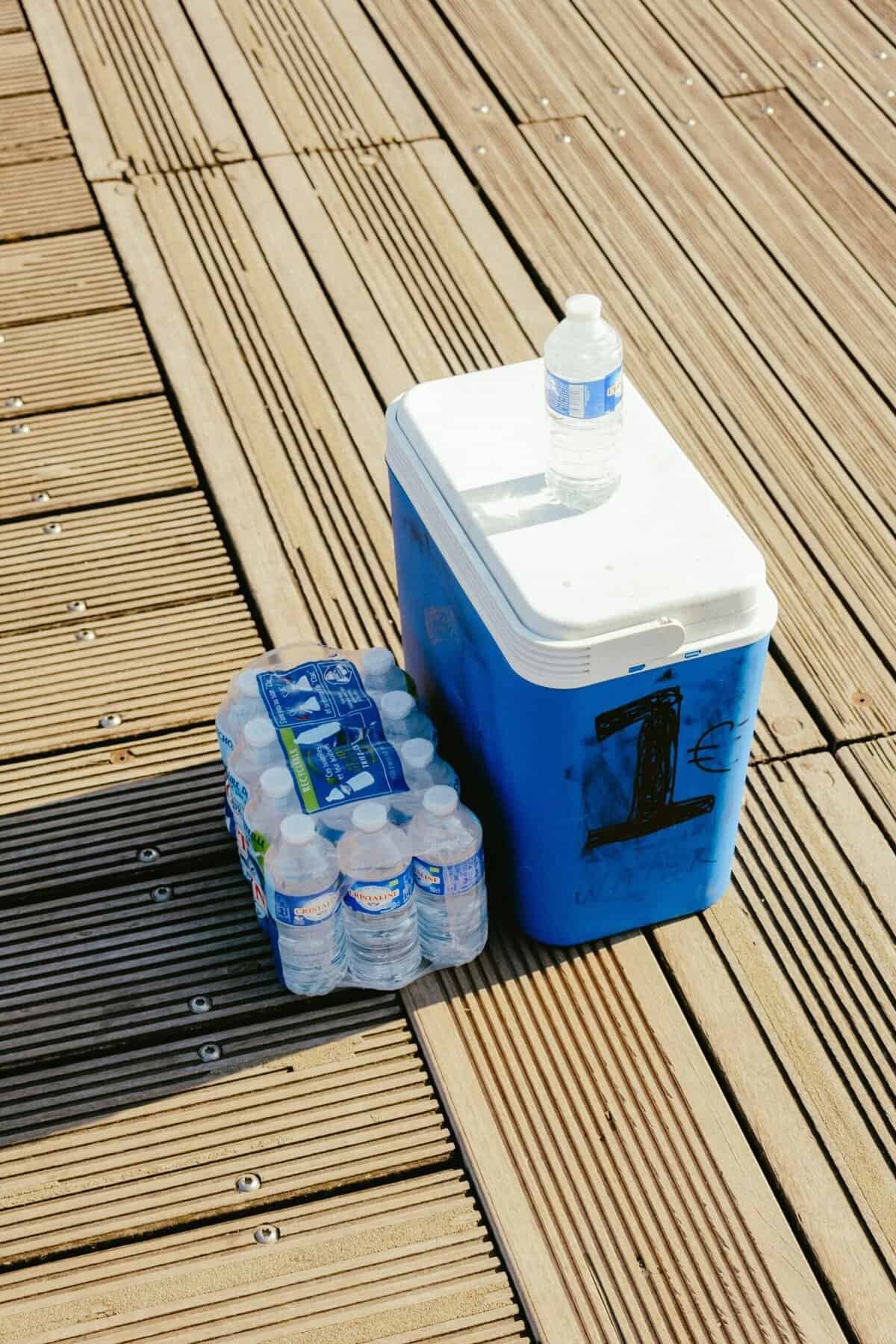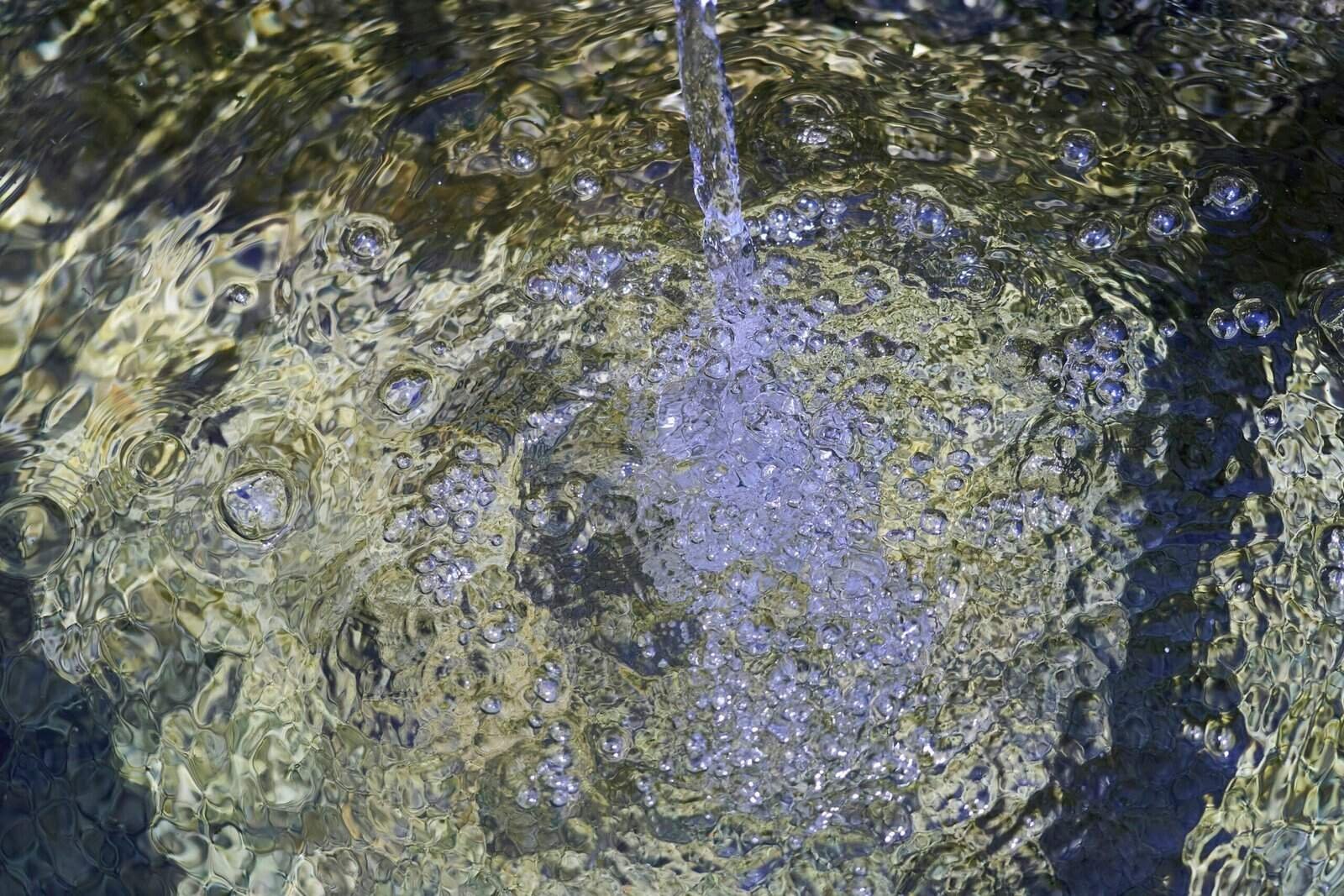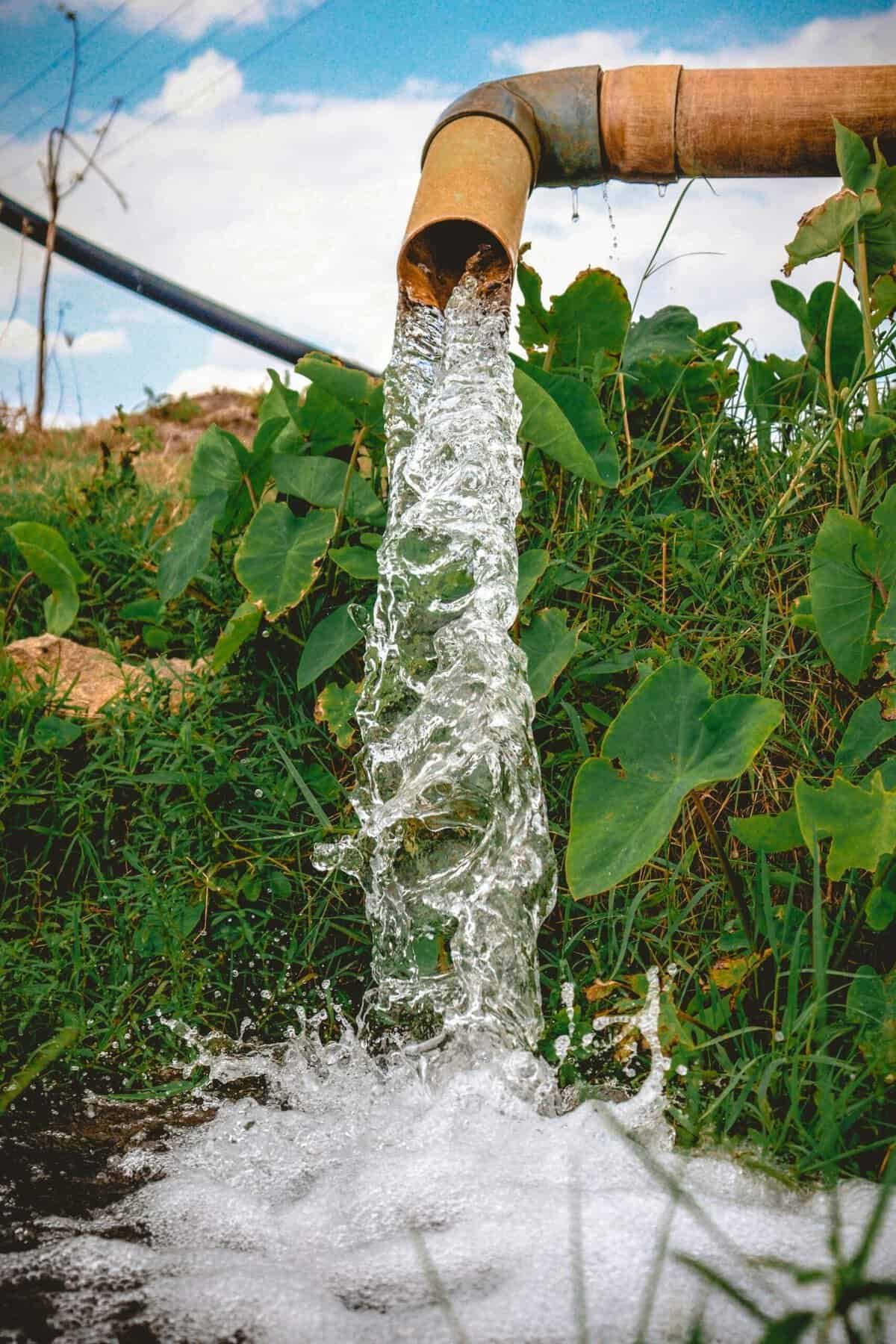Have you ever wondered how you can learn the essential skills to ensure the safety and quality of well water through sampling? Well water sampling is a crucial aspect of maintaining safe drinking water, especially for those who rely on private wells. Understanding where you can get proper training is key in helping assess the health and safety impacts of water quality.
Understanding the Importance of Well Water Sampling
Before we dive into organizations that provide training, it’s important to grasp why sampling of well water is so vital. Many people rely on private wells, and unlike public water systems, these are not regulated by the Environmental Protection Agency (EPA). As a result, the responsibility for ensuring water quality falls largely on well owners. Proper sampling helps in detecting contaminants such as bacteria, heavy metals, and chemicals that could pose health risks.
Key Benefits of Well Water Sampling
Regularly sampling your well water helps you:
- Identify Contaminants: Detect harmful substances like lead, arsenic, nitrate, and bacteria.
- Ensure Safety: Regular testing can prevent potential health risks associated with contaminated water.
- Peace of Mind: Knowing your water quality is up to safe standards offers reassurance.

Types of Training Available
Now that you understand the importance, let’s explore what kinds of training you might encounter and why these can be beneficial.
Online Courses
With the wide reach of the internet, online courses have become a convenient way to learn new skills, including well water sampling. These courses often offer flexibility, allowing you to learn at your own pace.
- Advantages: Flexibility, accessibility, and sometimes lower costs.
- Disadvantages: Limited hands-on practice.
In-Person Workshops
In-person workshops provide the opportunity to get hands-on experience, which is invaluable for tasks like water sampling where physical techniques and procedures are important.
- Advantages: Direct interaction with instructors, hands-on practice, immediate feedback.
- Disadvantages: Often requires travel, less flexible scheduling.
Certification Programs
For those serious about making well water sampling a part of their professional skill set, certification programs offer comprehensive training and a credential to prove your knowledge and ability.
- Advantages: Recognized credentials, comprehensive coverage of topics.
- Disadvantages: May require a greater time commitment and financial investment.

Top Organizations Offering Training
Here are some of the organizations you might consider for training in well water sampling. They offer a range of options including online courses, in-person workshops, and certification programs.
Environmental Protection Agency (EPA)
The EPA provides guidelines and training on water quality standards and practices. Though the EPA primarily sets regulations and standards, it partners with various organizations to offer training programs.
- Course Types: Webinars, guidelines, partnerships with local organizations.
- Target Audience: Water professionals, well owners.
National Ground Water Association (NGWA)
The NGWA is a well-respected source for education and training in the field of water well systems. They offer numerous resources that can benefit those interested in well water sampling.
- Course Types: Online courses, webinars, in-person events.
- Target Audience: Water professionals, well owners, environmental consultants.
State and Local Health Departments
Many state and local health departments offer training and resources for private well owners. These can be crucial, as they often tailor information to local conditions and prevalent contaminants.
- Course Types: Workshops, informational resources.
- Target Audience: Private well owners, local water quality professionals.
Rural Community Assistance Partnership (RCAP)
RCAP focuses on improving the quality of life in rural communities through training and support in infrastructure and water quality.
- Course Types: In-person workshops, technical assistance.
- Target Audience: Rural residents, community leaders.
The Water Quality Association (WQA)
The WQA offers training focused on the treatment side of water quality but includes water testing and sampling in its curriculum.
- Course Types: Certification programs, online learning.
- Target Audience: Water treatment professionals, individuals interested in water quality.

What to Look for in a Training Program
Choosing the right training program is crucial for ensuring you gain the skills and knowledge you need. Here are some factors to consider:
Accreditation and Reputation
A well-regarded program or organization with proper accreditation ensures that the training meets industry standards.
Content Focus
Ensure that the course content covers all relevant topics, including types of contaminants, sampling techniques, and data interpretation.
Practical Experience
If possible, choose a program that offers hands-on practice. This is particularly valuable for gaining confidence in the actual sampling process.
Flexibility and Accessibility
Consider whether you need a flexible schedule or if you are able to attend in person. Often, the best programs offer a hybrid of online content and hands-on workshops.

Practical Sampling Techniques
Understanding the techniques used in well water sampling is crucial to achieving accurate results. Even if you pursue training, a basic understanding of the process is valuable.
Tools You’ll Need
- Sampling Bottles: Sterile bottles to avoid contamination.
- Cooler with Ice Packs: To keep samples fresh during transport.
- Gloves: To prevent contaminating the samples.
- Labels: To track sample information like date and location.
Steps in the Sampling Process
- Plan Your Sampling: Determine what contaminants to test for based on your location.
- Prepare Your Tools: Gather all necessary equipment and clean as needed.
- Collect the Sample: Follow proper procedures to avoid contamination.
- Store Samples Properly: Use a cooler to maintain sample integrity.
- Send to a Certified Laboratory: Ensure accurate analysis by using appropriately certified labs.

Final Thoughts
Gaining expertise in well water sampling empowers you to take control of your water quality, protecting both health and safety. Picking the right training from reliable organizations is a fundamental step for developing the skills needed. Whether you choose an online course, a hands-on workshop, or a comprehensive certification program, each offers valuable insights into maintaining and assuring the quality of the water you rely on daily. By investing in good training, you’re investing in a safer future for yourself and those who depend on you.
